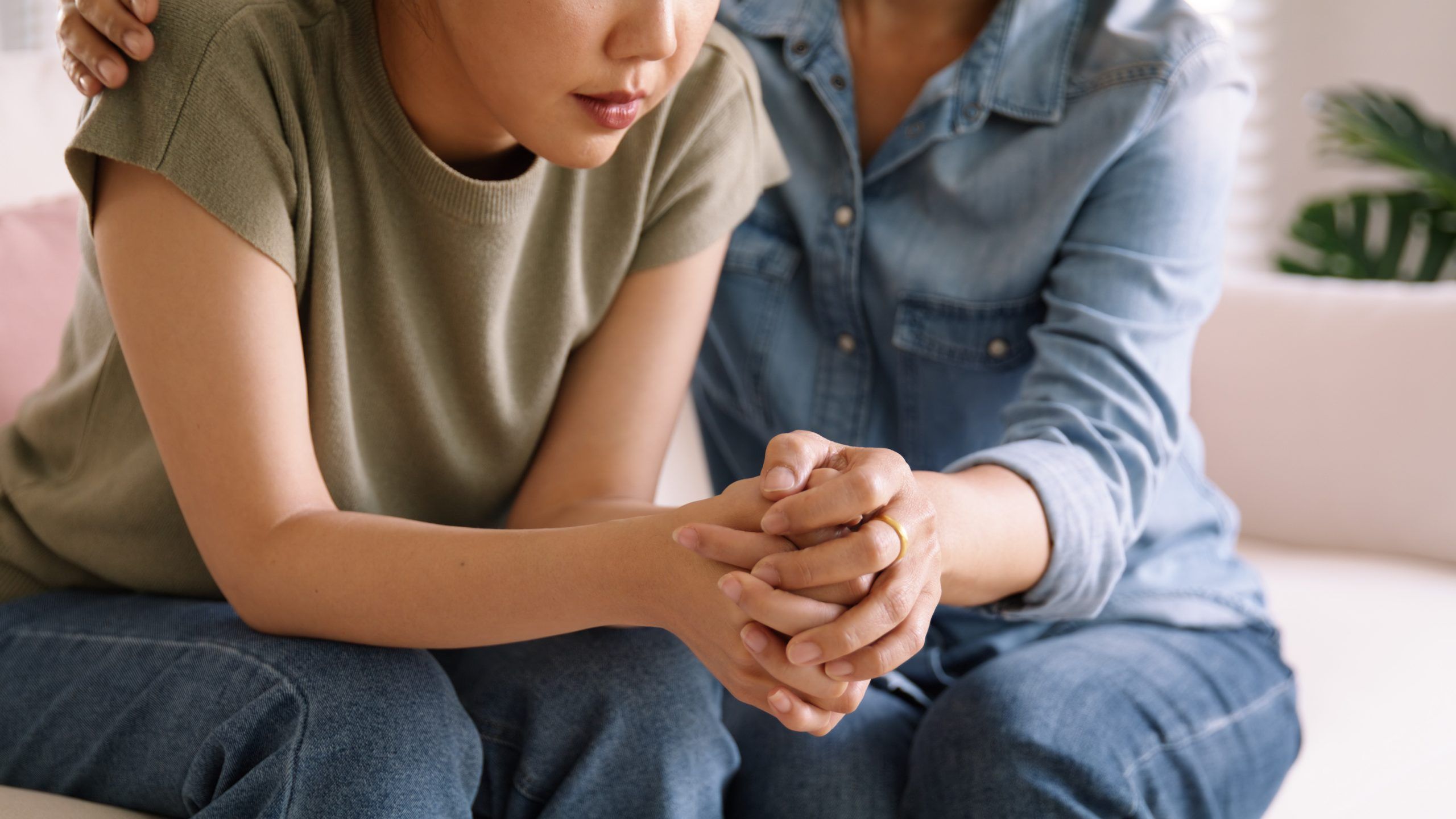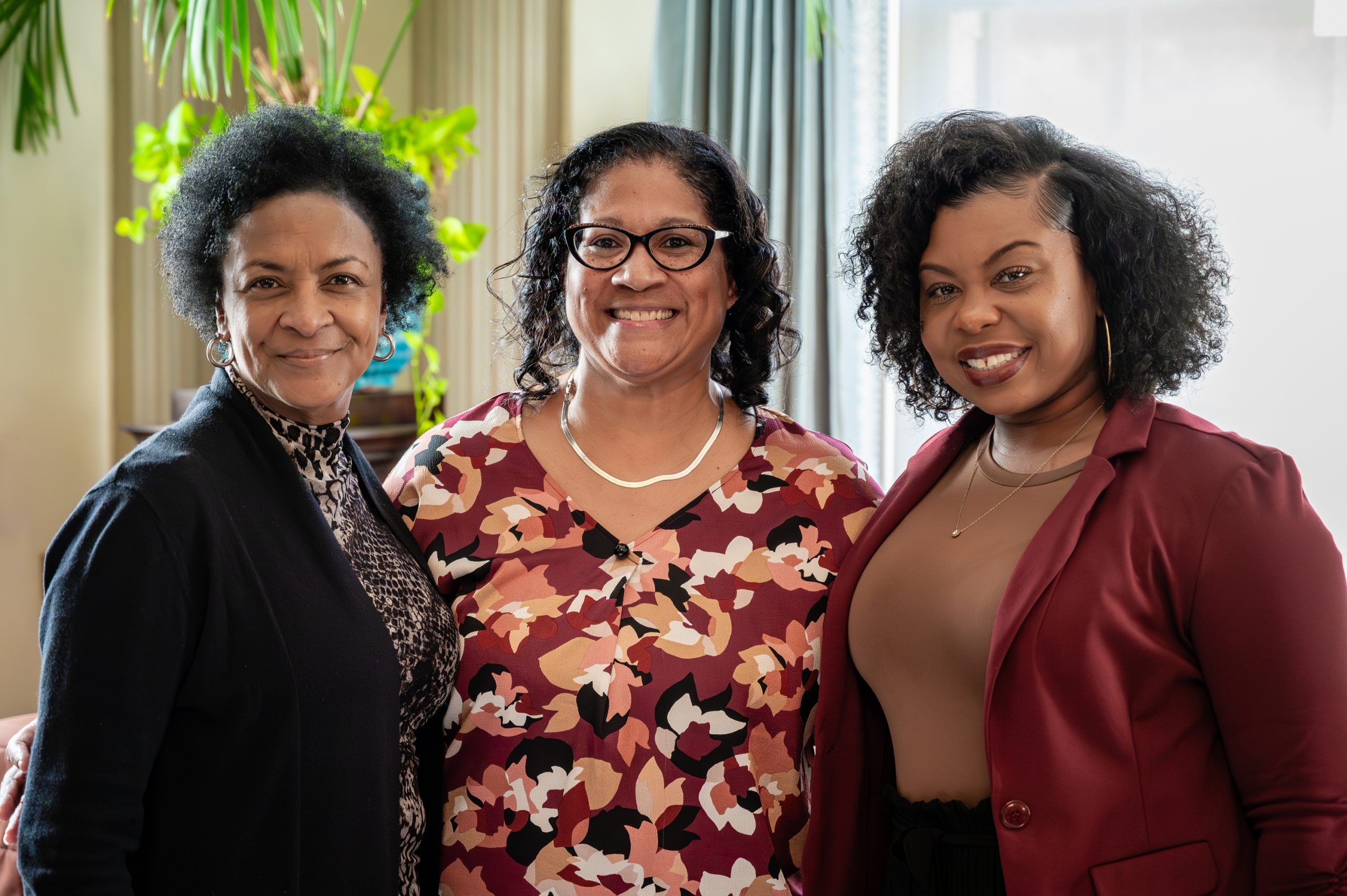In the Juvenile Justice System

In the Juvenile Justice System
In 2022 alone, about 15,000 young people were entangled with the North Carolina juvenile justice system.
CYFCP program manager Dannette McCain says the majority of these young people have experienced trauma and related behavioral and emotional challenges.
But people often only see the young person’s crime – a theft or violent outburst, for example – and not the struggles lurking underneath.
NC Juvenile Justice Behavioral Health Partnerships, or JJBH, helps these youth and their families gain access to behavioral health treatment they require for recovery – with the hope of halting further interactions with the justice system.
“We’re looking at a young person from a holistic perspective and not just looking at them and evaluating or assessing them as the thing that happened, but also, what are some of the things going on with you and your family that may have led to this moment?” says McCain.
The center supports 21 JJBH teams across the state, providing training, technical assistance, and guidance to ensure these youth can move through the continuum of mental health care.
Center assistance comes in many forms, depending on the needs of the young person. For example, a local team may find that a teenager hasn’t attended counseling to address their recent diagnosis. CYFCP experts troubleshoot to uncover the root problem: perhaps the family does not have transportation or leave time.
“It can be very easy to say that a family just didn’t show up or want to participate, but if we drill down a bit more – are the processes in place to really help them navigate and move through the system?” McCain says. “If some of these doors are trapped – how do we identify them?”
CYFCP also serves as a bridge between local teams and state leadership to streamline policies and processes. They ensure local JJBH teams are kept abreast of shifts in policies and up-to-date approaches – including providing tools to ensure teams are using culturally appropriate methods.
McCain says their teams adopt a strength-based mindset. “We start with: what are the strengths of the young person, their family, and their community and how do we build upon those things?”
They also prioritize pro-social and community-based activities. For example, if a middle schooler loves to be active, their team may find and suggest a community basketball league where she can build healthy bonds.
“What I love about the work is that we’re centering the conversation on the youth and the families and what they need and having the system be led by them, and we’re culturally responsive,” McCain says.
“We’re not just doing a one-size-fits-all approach to juvenile justice and behavioral health.”
A Force for Youth & Families
UNCG’s Center for Youth, Family and Community Partnerships has improved lives across North Carolina for 28 years. Interventions make a deep impact thanks to a commitment to evidence-based research, strong partnerships, and guidance from community members with lived experiences.
read more about CYFCP impacts
